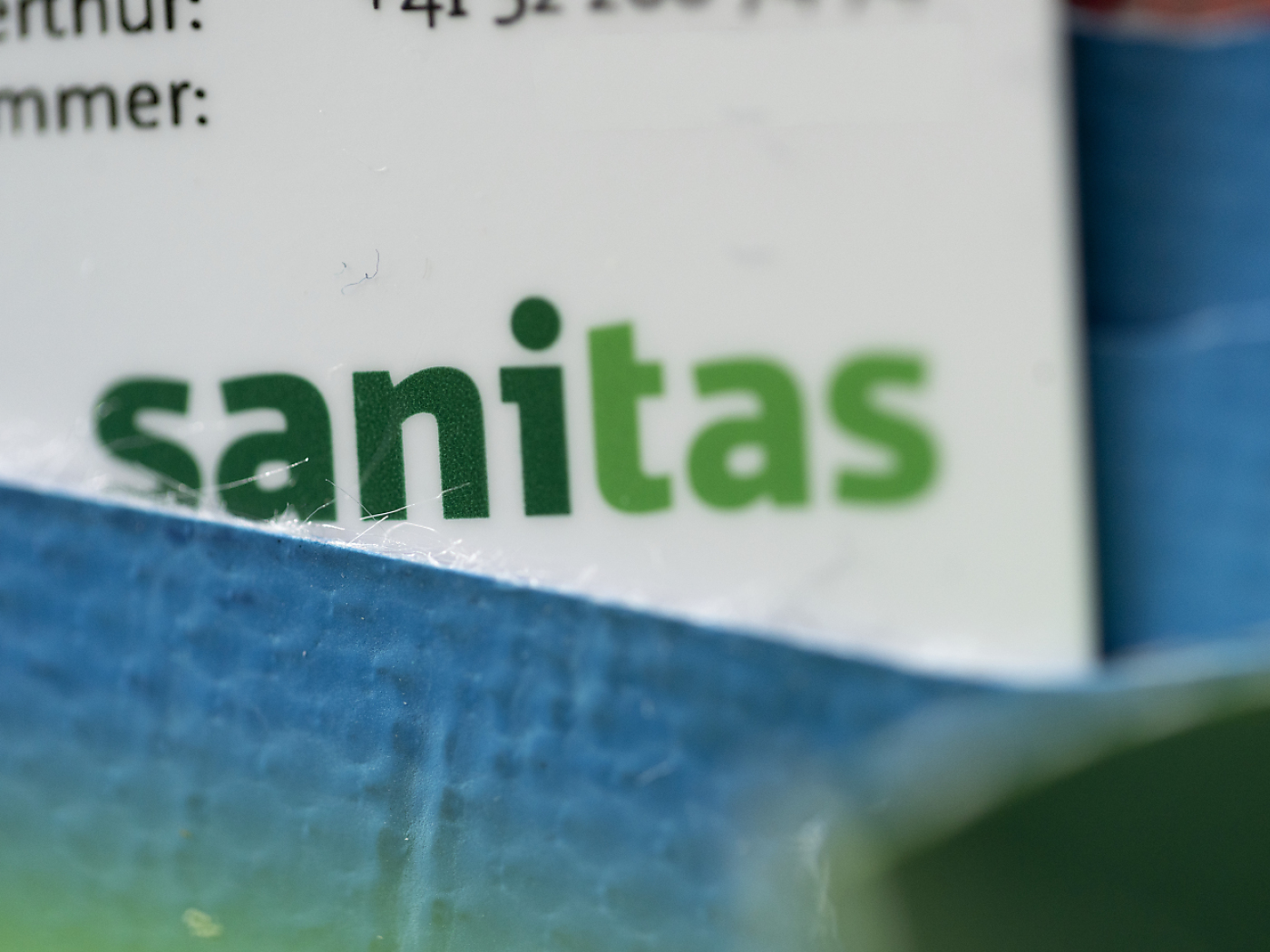
Switzerland Today
Dear Swiss Abroad,
There appears to be progress in resolving the train problems affecting the Gotthard Base Tunnel in southern Switzerland.
From Friday, passengers will be able to again use the tunnel, which was damaged by a derailed freight train on August 10. Passenger trains will resume at a reduced speed from Friday evenings to Sundays until December. Since the derailment, all passenger trains had been using a longer panoramic mountain route, which has increased journey times by 1-2 hours.
Read on for more about the Gotthard and other news and stories from Switzerland today.

In the news: Gotthard Base Tunnel, human trafficking, Swiss-Italian border and migrants.
- The US Department of Justice (DOJ) has stepped up its probe into Credit Suisse and UBS over suspected compliance failures that allowed Russian clients to evade sanctions.
- The Swiss Transportation Safety Investigation Board has confirmed that the derailment of a freight train in the Gotthard Base Tunnel on August 10 was caused by a broken wheel.
- The Office of the Attorney General of Zurich has charged a 32-year-old Spanish man with human trafficking. He is accused of running a prostitution network across Switzerland that exploited 20 women.
- Switzerland is strengthening the number of border officers at the southern border with Italy ahead of an anticipated influx of migrants, says Justice Minister Elisabeth Baume-Schneider. The situation at the Ticino border “remains under control”, she insists.
- A third of Swiss job seekers have already used artificial intelligence such as chatbots for their applications.
- The Office of the Attorney General of Switzerland has filedExternal linkcharges against Gulnara Karimova, the daughter of former Uzbek president Islam Karimov, and another at the Federal Criminal Court. According to the indictment, Karimova and the ex-managing director of a Russian telecommunications company were involved in a criminal organisation, which was active in Switzerland, among other countries.

Swiss glaciers melt faster than expected.
There has been a dramatic acceleration of melting ice on Switzerland’s glaciers over the past two years, the Swiss Academy of Sciences reported today.
Switzerland’s glaciers lost 10% of their icevolume over the past two years after high summer temperatures and low snow volumes in winter. Last year the glaciers in Switzerland lost 6% of their volume; this year it is 4%. This is the second biggest decline since measurements began.
Glaciers lost as much ice in two years as in the three decades before 1990, researchers said. This has led to glacier tongues collapsing and the disappearance of many smaller glaciers.
More than half of the glaciers in the Alps are in Switzerland where temperatures are rising by around twice the global average due to climate change.
The dramatic ice melt has affected glaciers across the country. In the south and east, the glaciers melted this year at almost the same rate as in the record year of 2022.
In canton Valais and the Engadin region in southeast Switzerland, glaciers lost several metres of ice thickness at over 3,200 metres, previously an altitude where they were still in equilibrium until recently. The average loss of ice was three metres.
“Glaciers are the ambassadors of climate change. They make it very clear what is happening out there because they respond in a very sensitive way to warming temperatures,” said Matthias Huss, head of GLAMOS glacier monitoring centre, which participated in the research. “The study underlines once again that there is big urgency to act now if you want to stabilise (the) climate, and if you want to save at least some of the glaciers.”

Another recreational pot smoking trial to start in Switzerland.
The “Cannabinothèque” is due to begin in Geneva in December, it was announced today. What on earth is a “Cannabinothèque” I hear you asking yourselves.
Geneva is the latest Swiss city to announce the launch of a scientific pilot project to sell cannabis for recreational use to selected participants as part of a study into the impact of its regulated supply.
The scientific studies, which have been launched or planned in eight cities including Basel, Zurich, Bern, and Lausanne, aim to study the impact of regulated cannabis supply on the consumption and health of consumers, as well as its impact on the illegal market. This is with a view to a possible long-term decision on legalisation of cannabis in Switzerland.
The strictly controlled four-year “Cannabinothèque” project, run by the association ChanGEExternal link, comprises the creation of a point of sale with the same name and the involvement of around 1,000 adult cannabis users. The amount and strength of Swiss-made cannabis on sale will be limited. Among the various commitments, participants must agree to taking part in individual and group interviews and regular reporting on their consumption habits.
Growing, consuming and dealing cannabis are all forbidden in Switzerland. But since 2013 anyone caught in possession of up to ten grams of cannabis will receive a fixed CHF100 ($101) fine and not have it put on their criminal record. One-third of the Swiss population has admitted to smoking cannabis at some point, while some 200,000 smoke regularly.
More

In compliance with the JTI standards
More: SWI swissinfo.ch certified by the Journalism Trust Initiative









